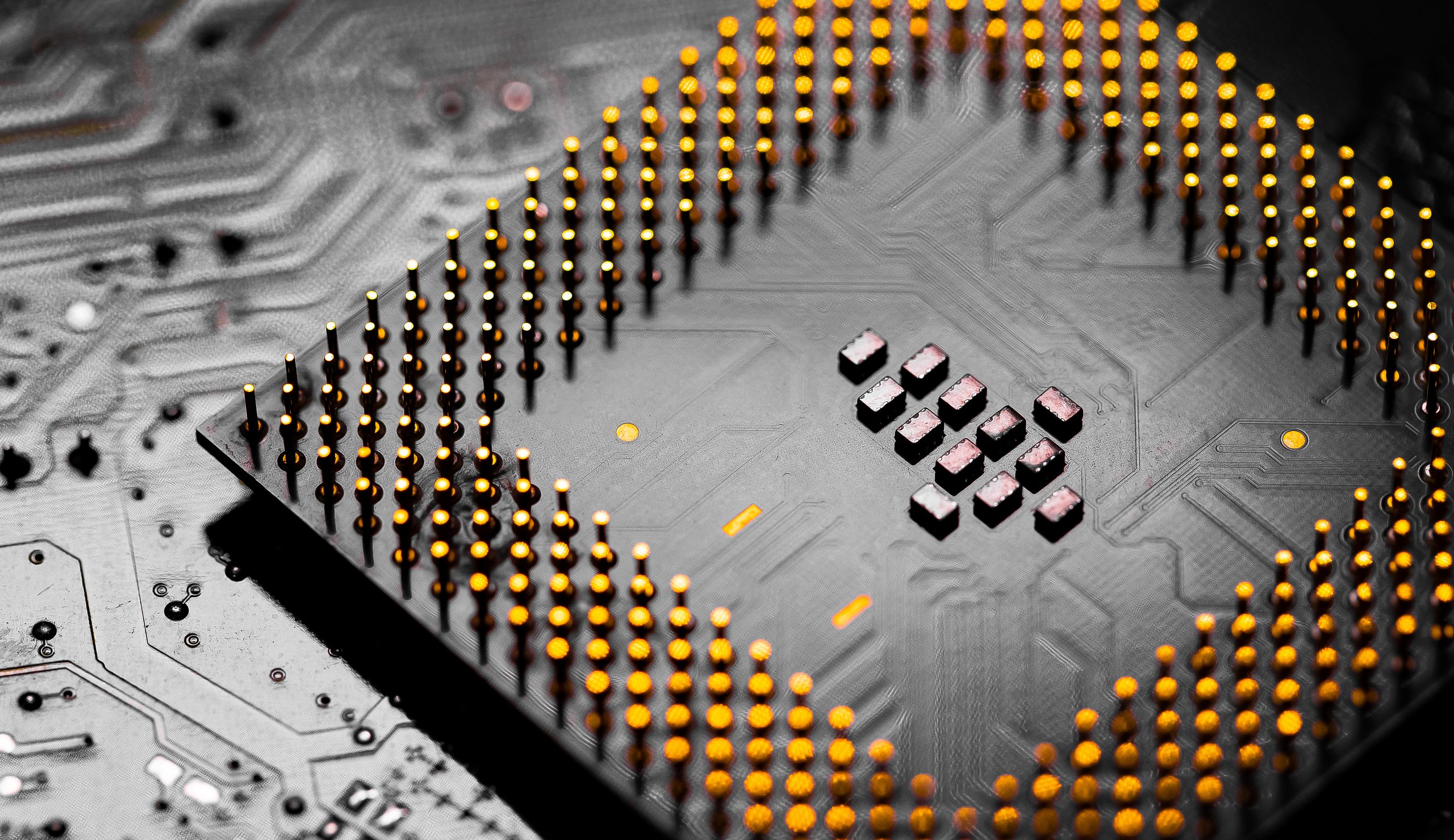
With the advancement of technology, we are approaching the limits of traditional computers more than ever. While conventional computers can handle complex calculations rapidly and have created revolutions in many fields, they fall short in certain areas. This is where quantum computers come into play, opening the doors to a new revolution in computing power. So, what are quantum computers, how do they work, and why are they so significant?
What is a Quantum Computer?
Quantum computers operate on a very different principle from classical computers. While classical computers process information through binary “bits” in the form of 0s and 1s, quantum computers use “qubits,” which are quantum particles that can represent both 0 and 1 simultaneously. This property allows quantum computers to process multiple states at once, enabling them to perform calculations at astonishing speeds and across multiple dimensions.
A classical computer, for example, must try out possible solutions one by one, whereas quantum computers can evaluate all possibilities simultaneously through superposition. If a classical computer tries to break a complex code, it might require hundreds of attempts, but a quantum computer can do this significantly faster. This makes quantum computers highly impactful in areas such as cryptography, artificial intelligence, drug development, and material science.
Working Principle of Quantum Computers
Quantum computers operate based on the fundamental principles of quantum mechanics, a field that studies the behavior of subatomic particles. Two primary concepts form the foundation of quantum computing: superposition and entanglement.
- Superposition: In classical computing, a bit can be either a 0 or a 1. However, in quantum computing, a qubit can be in a state representing both 0 and 1 simultaneously. This feature enables quantum computers to perform numerous calculations at once.
- Entanglement: When two or more qubits become entangled, a change in one affects the other, even if they are far apart. This behavior, where qubits act as if they are connected, allows faster and more complex computations, enhancing the power of quantum computers.
These two properties allow quantum computers to process data exponentially faster than classical computers. Quantum computers offer revolutionary performance, especially in fields requiring intensive computing, such as big data analysis, complex mathematical calculations, and simulations.
Applications of Quantum Computers
Quantum computers’ unique capabilities make them highly attractive in a variety of fields. Here are some areas where quantum computers are expected to revolutionize the future:
- Encryption and Security: Traditional encryption methods may become easily breakable with quantum computers. However, quantum encryption offers a more secure form of data protection. This technology could be particularly beneficial for banking, military, and government security systems.
- Drug Development and Chemistry: Calculations at the molecular and subatomic levels can be rapidly conducted with quantum computers, which could accelerate the discovery of new treatments and chemical compounds.
- Artificial Intelligence and Machine Learning: Quantum computers’ speed in analyzing big data could play a crucial role in training AI models, enabling faster results when processing complex data.
- Financial Models and Economics: Quantum computers can perform complex financial calculations, such as economic forecasting, risk analysis, and portfolio management, much faster and more efficiently, providing significant advantages in the financial sector.
- Material Science and Physics: Discovering and testing new materials could become more efficient thanks to the strong computing power of quantum computers. This technology offers great potential for understanding the behavior of complex materials like superconductors.
Challenges Facing Quantum Computers
Despite their promise, quantum computers still face several challenges. Quantum computers are highly sensitive, and maintaining stability is difficult. Since qubits are easily affected by environmental factors, error rates can be high, especially in long and complex calculations, which may reduce accuracy.
Additionally, producing and operating quantum computers is quite costly. Currently, only a limited number of laboratories and tech companies have access to these machines. However, as the technology advances, costs are expected to decrease, and quantum computers are likely to become more widespread.
The Future of Quantum Computers
Though quantum computers are not yet fully commercially available, there is fierce competition in this field. Tech giants like Google, IBM, and Microsoft continue to push forward in the quest for quantum supremacy. Google’s claim that its quantum computer completed a task in 200 seconds that would take a classical computer 10,000 years demonstrates the immense potential in this area.
In a future where quantum computers are widely accessible, solving complex scientific problems could become far faster and more effective. For instance, simulations for combating climate change, genetic research, and AI development could make significantly greater strides with quantum computing.
Quantum computers, though still in development, are seen as one of the key components of future technological revolutions. This technology, which surpasses the limits of classical computers and ushers in a new era, has the potential to create breakthroughs across different fields. A world where quantum computers are common would mean faster solutions, more secure systems, and more advanced scientific research. The future will be reshaped by quantum computers, transforming many aspects of life from the ground up.
